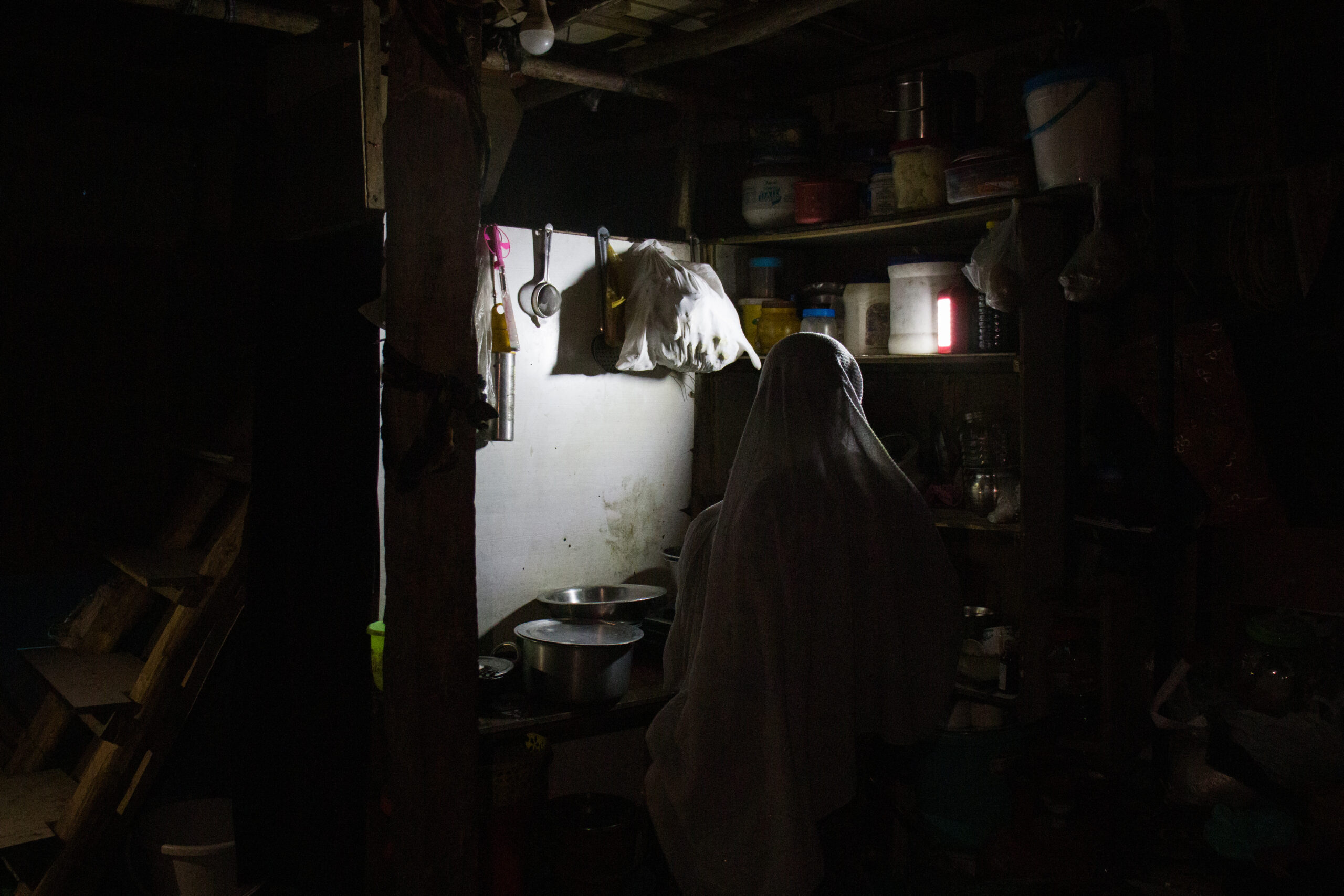“Each year, the summer gets hotter and more unbearable. Every night, I go to
bed scared that my young children will succumb to a heatstroke while they sleep
in our makeshift tin home.” These words by Ayesha, a Rohingya refugee living in
a settlement in New Delhi, continue to weigh heavily on my mind hours later
when I’m privileged to enjoy some respite from the heat in an air-conditioned
room. The irony, much like the intense Delhi heat, is inescapable.
Sadly, climate change is no longer a distant, abstract concept—it is here,
reshaping lives and landscapes in real time. Among its many victims, migrants
and displaced persons stand at the frontlines, bearing a disproportionate share
of its physical, mental, and emotional toll. From the parched lands of Central
India to the sinking Pacific islands, the human face of climate change reveals
itself most poignantly in those forced to uproot their lives.
The rising tide of climate-induced migration
According to the World Bank’s Groundswell Report (2021), climate change is
slated to displace over 216 million people by 2050, with South Asia identified as
one of the most vulnerable regions. In India alone, climate change-induced
events such as droughts, floods, and cyclones displaced nearly 3.9 million people
in 2022, as reported by the Internal Displacement Monitoring Centre (IDMC).
While migration has always been a part of human history, climate change has
accelerated its pace, creating a new class of migrants often referred to as
‘climate refugees’.
In India, rising sea levels have submerged villages, forcing thousands to flee to
nearby urban towns and cities. Similarly, frequent cyclones on the Eastern coast
push rural families into overcrowded slums, where they grapple with poverty,
lack of sanitation, and job insecurity. Globally, the story is no different: many
islands are losing land to the ocean, and devastating droughts are forcing
traditional herders and agrarian families to abandon ancestral lands. Migration,
in these contexts, is not a choice but a survival strategy.
The physical, mental, and emotional toll of displacement
The physical toll of displacement is enormous. Migrants often lack access to
basic necessities like clean water, nutritious food, and healthcare. In India’s
urban slums, where many displaced rural families end up, overcrowding and
unsanitary conditions increase vulnerability to diseases such as cholera and
dengue. According to a study published in The Lancet, heatwaves—another
consequence of climate change—caused over 17,000 deaths in India from 2000
to 2019, disproportionately affecting the poor and displaced who lack shelter or
access to cooling mechanisms.
Globally, displaced populations in refugee camps often face similar struggles. In
Cox’s Bazar, Bangladesh, home to over 1 million Rohingya refugees, extreme
weather events worsen already dire living conditions. Temporary shelters are no
match for the forces of nature, leaving residents exposed to physical harm and
disease outbreaks.
The psychological impact of climate-induced displacement is profound but often
overlooked. Leaving behind one’s home, community, and way of life creates an
emotional void that is difficult to fill. Many displaced persons suffer from anxiety,
depression, and post-traumatic stress disorder (PTSD). A 2022 study by the
Indian Council of Medical Research (ICMR) revealed that 43% of climate
migrants in India experience moderate to severe mental health issues.
Women especially, face compounded stress as they often shoulder the dual
burden of earning a livelihood and maintaining family well-being in uncertain
environments. Children, too, are deeply affected. Climate migrants’ children
often drop out of school due to financial pressures or lack of access to education
in new locations. This loss of stability disrupts their emotional development and
creates cycles of vulnerability that persist across generations.
The way forward
The challenges are immense, but they are not insurmountable. Governments
and international organizations are beginning to recognize the link between
climate change and displacement. For instance, India’s National Action Plan on
Climate Change (NAPCC) includes adaptation measures aimed at mitigating the
impact on vulnerable populations. Globally, the UN Framework Convention on
Climate Change (UNFCCC) has called for increased funding to support climate
adaptation and resilience-building in affected regions.
However, policy measures must go beyond physical resilience to address the
psychological and emotional needs of climate migrants. Mental health services
should be integrated into disaster response frameworks, while local communities
need to be empowered with resources and knowledge to adapt to changing
environments. Education and skill-building programs can help displaced persons
find stable livelihoods in their new homes, reducing the sense of loss and
insecurity.
The story of climate change is, at its core, a human story. Behind every statistic
is a family displaced by a flood, a farmer mourning barren fields, or a child
longing for stability. As the world grapples with this crisis, it is imperative to
prioritize the well-being of those forced to migrate in search of safety and
opportunity. Climate change may be a global phenomenon, but its impacts are
deeply personal, and addressing them requires compassion, urgency, and
collective action.
Shreyas Jayakumar is the COO & Head of Strategic Communication at The Azadi Project with over 15 years of experience in building strategic relationships, developing sustained internal/external communications campaigns, and managing CSR programs.
Main Photo by Kaisar Ali

Leave a Reply